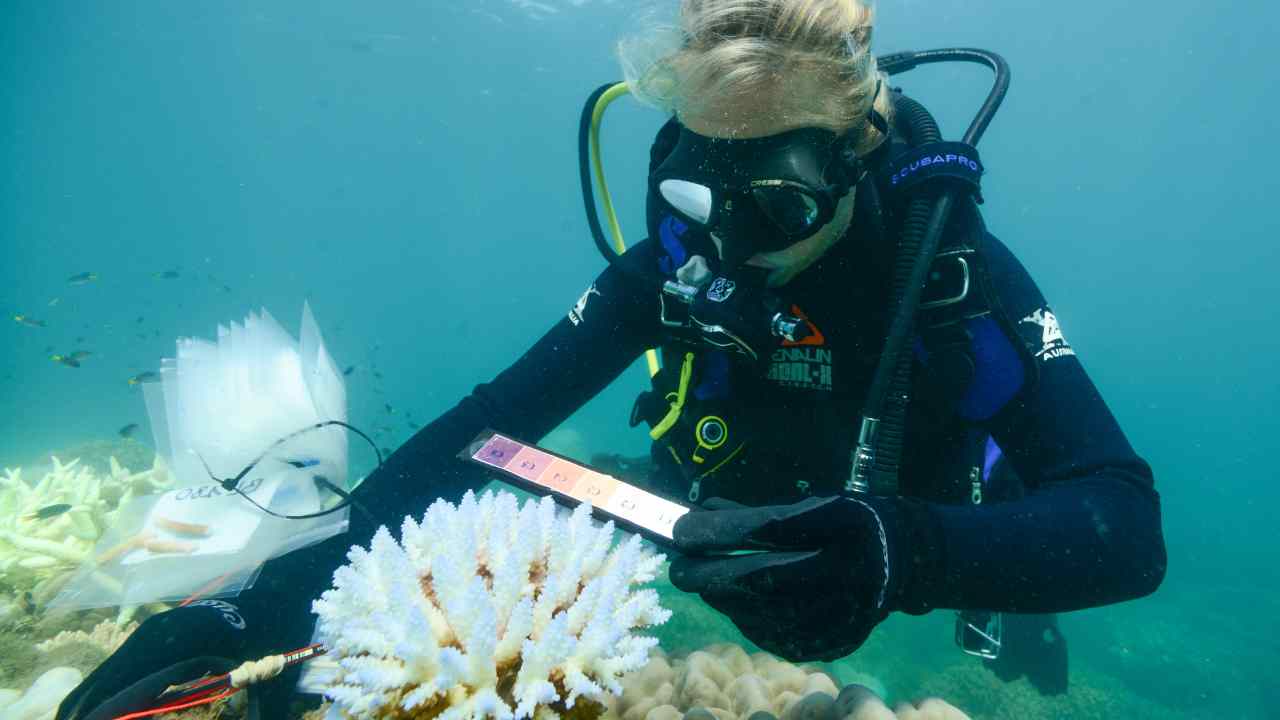The fourth day of the conference focused on the role of the scientific community in enabling the “blue transformation” of humanity’s relationship with the ocean.
With over 3 billion people heavily dependent on marine ecosystems for food and livelihoods, rolling out solutions to achieve the ocean-related Sustainable Development Goals (SDGs) depends on the actions of current and future generations.
In recent years, there has been a growing global awareness of the importance of ocean science in achieving the 2030 Sustainable Development Goals (SDGs).
The participants of the UN Conference in Lisbon are discussing, in particular, the possibilities of achieving the 14th Sustainable Development Goal, which is to conserve and rationally use the oceans, seas and marine resources.
The UN, national governments and civil society are developing and implementing a wide range of initiatives in this area.
To capitalize on the unique opportunities presented by the Decade of Ocean Sciences and to achieve the 2030 Agenda for Sustainable Development, the active participation of a wide range of stakeholders is required. In this regard, the Intergovernmental Oceanographic Commission (IOC), a body that works to strengthen international cooperation in the field of ocean sciences and ocean research, plays a huge role. The IOC is doing a job that no country can do alone.
Welcoming the progress made in recent years in marine research and ocean observations, the scientists participating in the conference emphasized the importance of taking immediate action.
“Use your potential to protect nature and encourage others to do so,” says marine biologist and oceanographer Sylvia Earle. “We need to stop the destruction of ecosystems and fully appreciate the scale of ocean pollution caused by human activities. We still have a chance to find the right place for ourselves in the Earth’s ecosystem and thereby save life on the planet.
Emanuel Gonçalves, member of the board of directors and chief scientist of the Oceano Azul Foundation, also affirmed the need to act now, and not to wait until 2030 to achieve the SDGs.
“We cannot wait 30 more years to protect 8% of the ocean, which is the case now, and even that 8% is not sufficiently protected. We only have 2-3% fully protected. So we need to get this program in place now, not in 2030,” Gonçalves said.
Calling for new annual targets to spur action, he added that “the time has come, and we can’t wait any longer”.





























